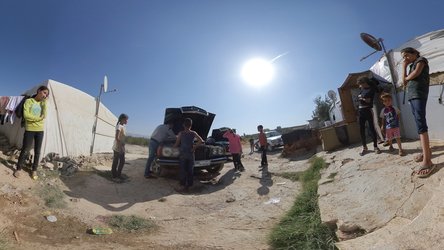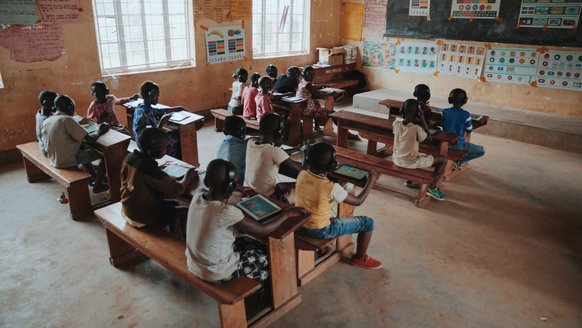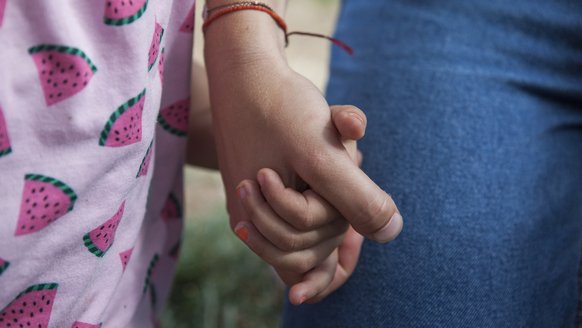Youth Empowerment
Education
What is happening?468 million children worldwide are living close to conflict. This atmosphere of violence has many direct negative effects on their mental health - including feelings of fear, anxiety and depression.
We support children to rebuild their resilience
Jeppe Schilder
Support our work
TeamUp
Children Are Extremely Resilient - But They Need the Chance to Process Their Experiences
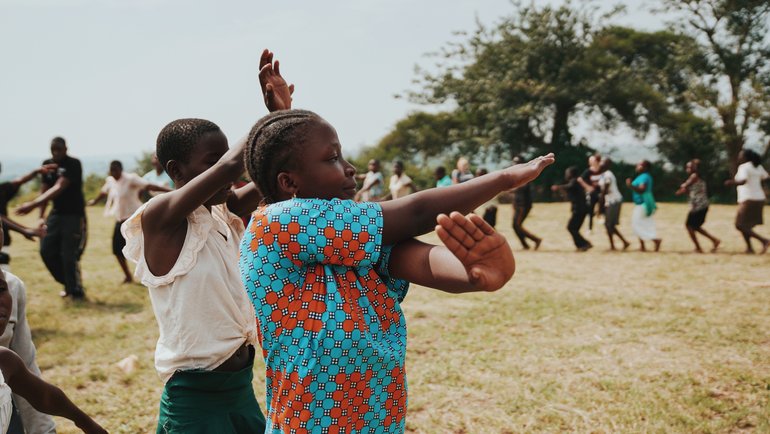
An integrated approach
The ultimate goal of our programmes is to ensure the improved psychosocial wellbeing of children and youth forced to live with the effects of armed conflict. Our interventions incorporate all three of our programming lines in an integrated manner for maximum effect. We work directly with children and youth, the important adults in their lives and the communities around them to ensure our programmes are relevant and have a lasting effect.
All these efforts help to ensure that children in areas affected by armed conflict can build a better future - both for themselves and their communities.
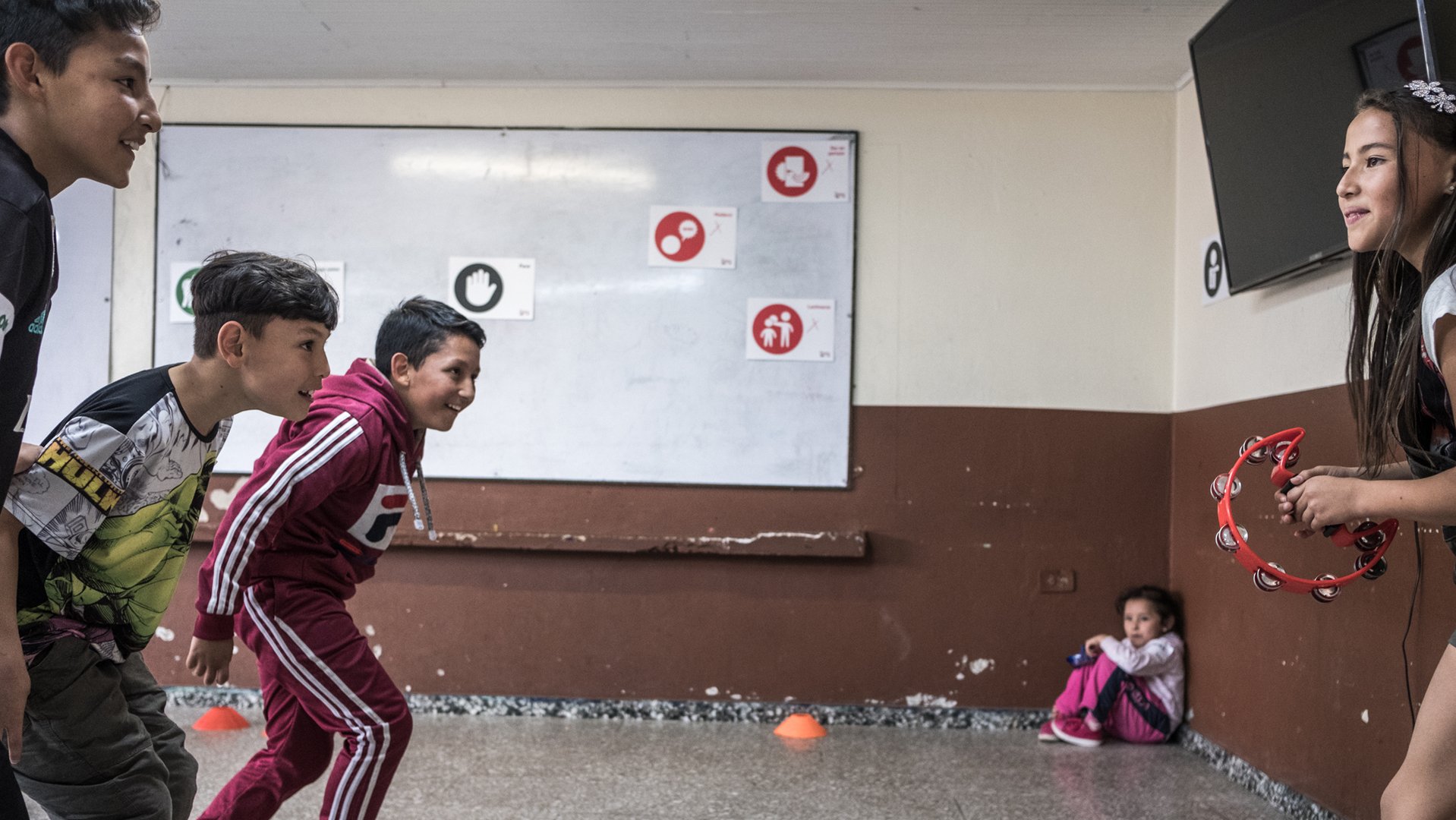
Supporting children in Colombia to rebuild their resilience
Photo: War Child
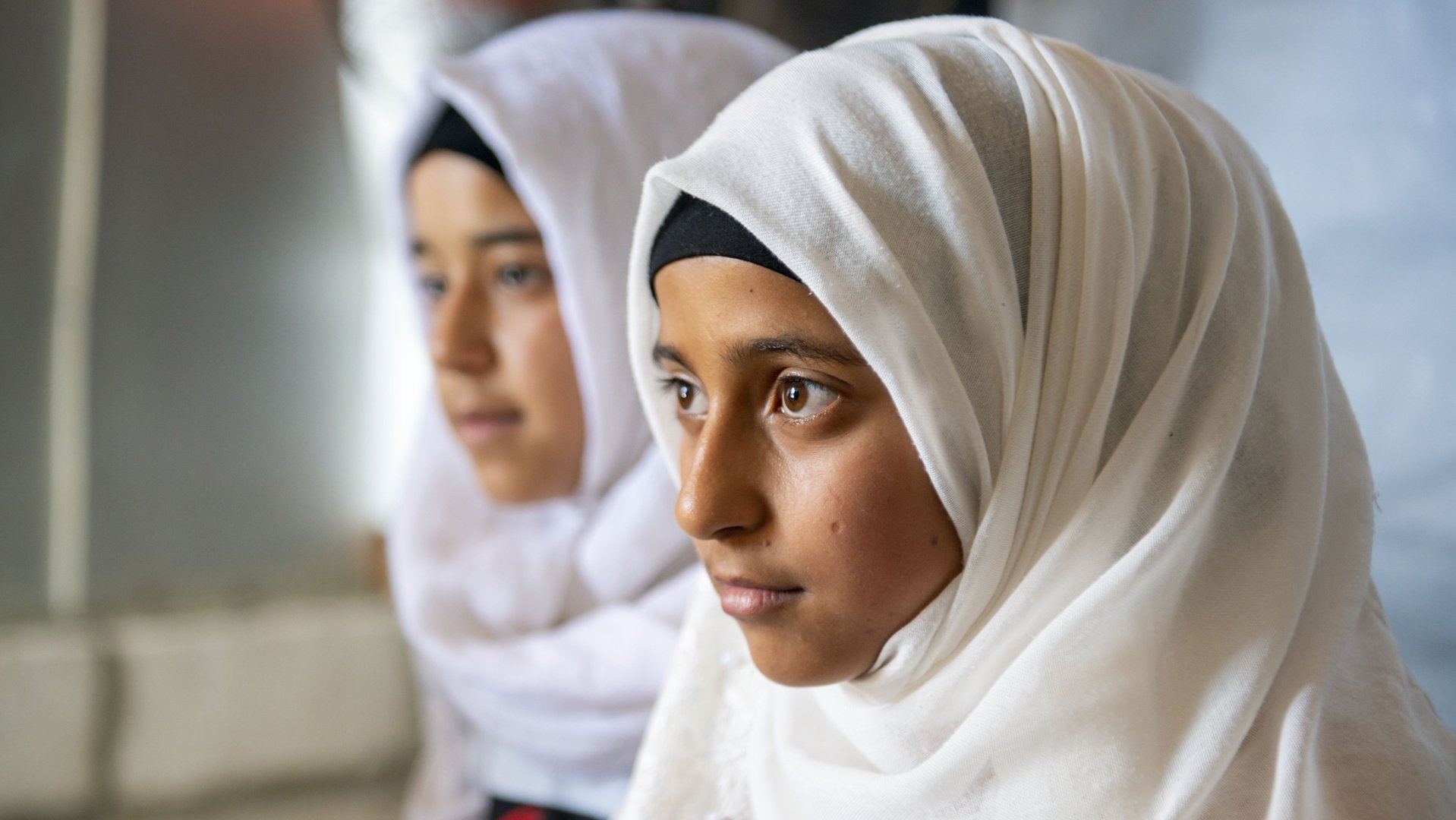
Delivering psychosocial support to Syrian children in Lebanon
Photo: War Child
What are the effects of armed conflict?
War Child works to support the healthy psychosocial development of children and youth living with the consequences of armed conflict. These consequences can take on many forms - including feelings of fear, anxiety, and depression, as well as exposure to physical and sexual exploitation. Yet - with the right support - most children will be able to cope with the adversities they experience.
The resilience of children and youth
Our psychosocial support interventions are designed to enable children and youth to develop their resilience and innate strengths. Participants in our life-skills interventions and structured recreational activities develop increased self-confidence and trust in others. We also work with parents and other key adults in children’s lives to enhance their own wellbeing and their capacity to provide care and psychosocial support to children.
EASE: Early Adolescent Skills for Emotions
For children experiencing enduring distress, World Health Organization - with input from expert organisations such as ours - has developed the EASE (Early Adolescent Skills for Emotions) intervention. The intervention is designed to improve the psychosocial wellbeing of children between ten and 14 years of age who experience significant emotional distress.
EASE has been created to be delivered by non-specialist providers in low resource settings. This will not only serve to make quality mental healthcare more readily available wherever young adolescents are in need - it could also help to reduce the global mental healthcare gap.
